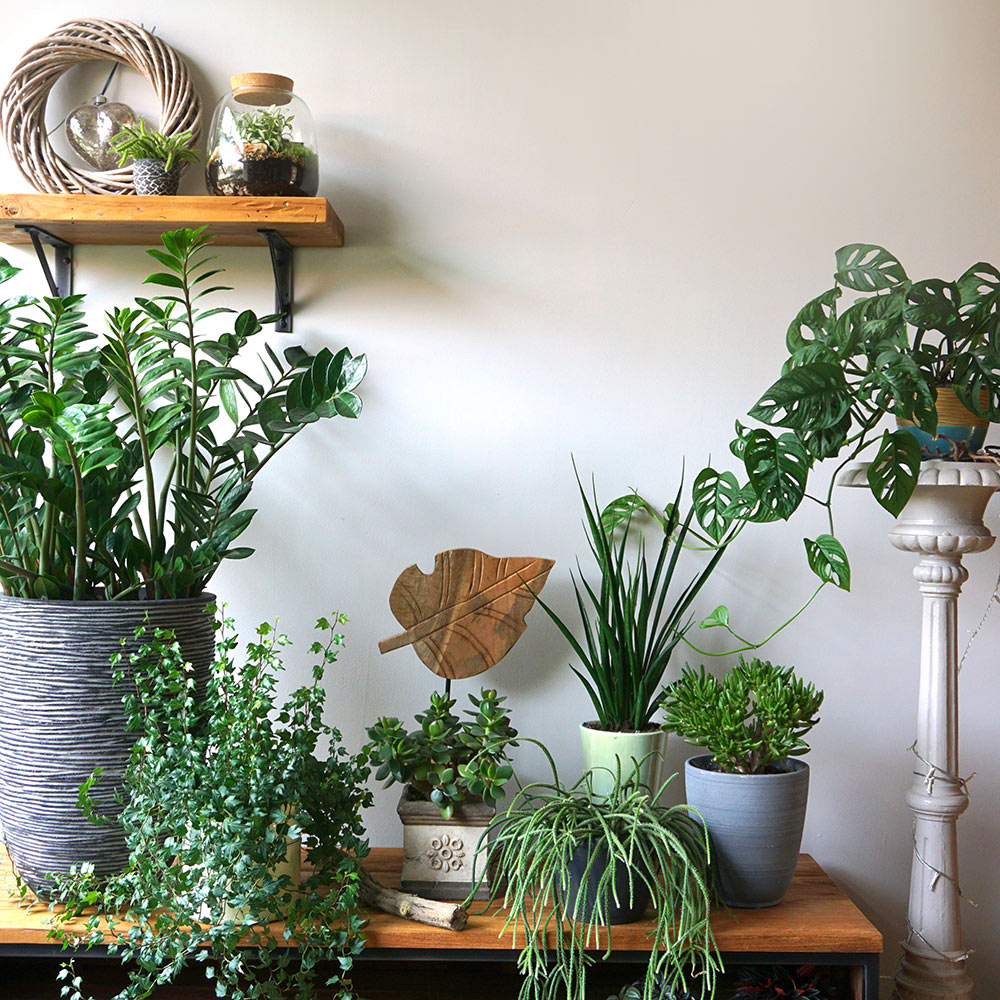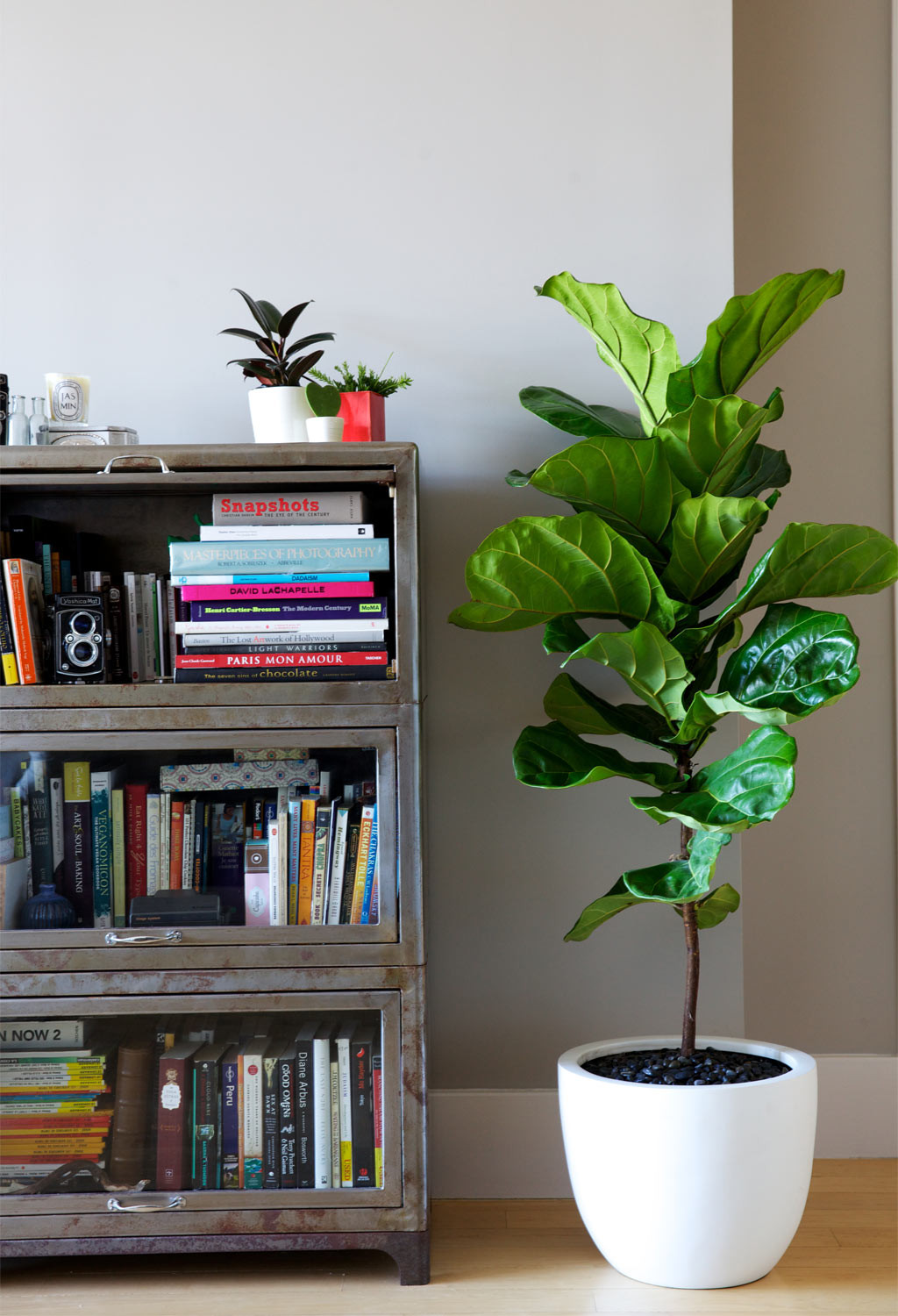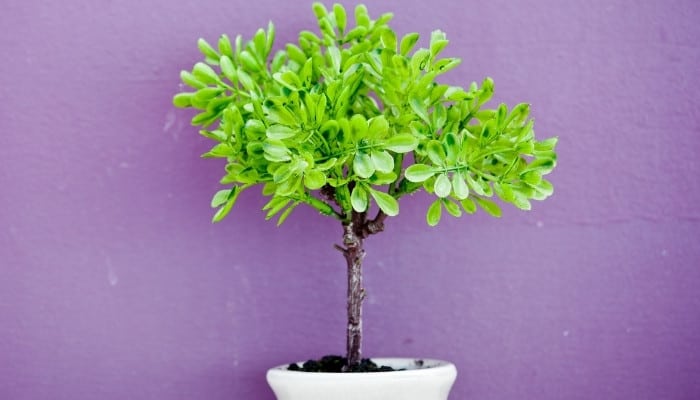Are you looking to bring some natural beauty into your home but worried about the limited light available? Don’t fret! There are plenty of indoor trees that thrive in low-light conditions, allowing you to enjoy the benefits of greenery even in the darkest corners of your living space. In this article, we’ll explore the best indoor trees for low light, discuss their care requirements, and help you choose the perfect tree to brighten up your home.
The Appeal of Indoor Trees for Low Light

Indoor trees not only add aesthetic appeal to any room but also offer numerous health benefits. They purify the air by absorbing harmful pollutants and releasing oxygen, creating a healthier environment for you and your family. Additionally, indoor trees can boost mood, reduce stress, and improve overall well-being. With the right selection, you can transform your dimly-lit spaces into vibrant, green oases.
Best House Trees for Low Light

- Ficus lyrata (Fiddle Leaf Fig): Known for its large, fiddle-shaped leaves, the Fiddle Leaf Fig thrives in moderate to low light conditions. This visually striking tree adds elegance and drama to any room, making it a popular choice among plant enthusiasts. Ensure you place it near a window or a well-lit area without direct sunlight.
- Dracaena marginata (Dragon Tree): With its slender stems and arching leaves, the Dragon Tree is an excellent choice for low-light environments. It adapts well to different lighting conditions and requires minimal maintenance. Its variegated foliage adds a touch of tropical charm to your home.
- Sansevieria trifasciata (Snake Plant): Also known as the Snake Plant or Mother-in-Law’s Tongue, this hardy indoor tree thrives in both low and bright light. It has long, sword-shaped leaves with yellow or silver variegation, adding a modern and sleek look to any room. The Snake Plant is also famous for its air-purifying qualities.
- Chamaedorea elegans (Parlor Palm): If you’re seeking a compact indoor tree for low light, the Parlor Palm is an ideal choice. Its feathery, arching fronds create an elegant and tropical atmosphere. This versatile palm can tolerate a wide range of lighting conditions, making it perfect for dimly-lit spaces.
- Aglaonema spp. (Chinese Evergreen): With its vibrant foliage patterns in shades of green, silver, and red, the Chinese Evergreen is a popular low-light house tree. It thrives in indirect light and has excellent air-purifying properties. This resilient plant is relatively easy to care for, making it suitable for beginners.
Indoor Trees That Don’t Need Sun: Shedding Light on Shade-Loving Trees
Contrary to popular belief, not all indoor trees require direct sunlight. Many shade-loving varieties thrive in low-light conditions, making them perfect choices for dimly-lit rooms or areas away from windows. Here are a few indoor trees that don’t need sun but still bring elegance and vitality to your home:
- Zamioculcas zamiifolia (ZZ Plant): The ZZ Plant is known for its glossy, dark green leaves that add a touch of sophistication to any space. It is highly resilient and can adapt well to low-light environments. This drought-tolerant plant requires minimal watering, making it an excellent choice for busy individuals.
- Aspidistra elatior (Cast Iron Plant): True to its name, the Cast Iron Plant is incredibly tough and can withstand neglect and low-light conditions. It features broad, dark green leaves that bring a lush, tropical feel to your indoor space. This plant is a symbol of endurance and makes a statement in any room.
- Epipremnum aureum (Pothos): Pothos, also known as Devil’s Ivy, is a popular trailing vine that thrives in low-light settings. Its heart-shaped leaves come in various shades of green, and it can tolerate a wide range of conditions. Pothos is an excellent choice for hanging baskets, shelves, or cascading down furniture.
Best Indoor Tree for Low Light: Factors to Consider
When choosing the best indoor tree for low light, several factors should be taken into consideration. Here are some key points to keep in mind:
- Light Requirements: Assess the lighting conditions in your home and select a tree that matches those conditions. Some trees can tolerate lower light levels, while others may require a bit more brightness.
- Size and Space: Consider the available space in your home and choose a tree that fits well without overwhelming the room. Some trees, like the Fiddle Leaf Fig, can grow quite tall over time, while others, like the Parlor Palm,remain compact and suitable for smaller spaces.
- Care and Maintenance: Evaluate your ability to provide the necessary care for the tree. Some trees may require more attention, such as regular watering or pruning, while others are more low-maintenance.
- Aesthetic Appeal: Consider the overall look and feel you want to achieve in your home. Different indoor trees have varying foliage shapes, colors, and textures, allowing you to choose one that complements your interior design style.
Large Low-Light Indoor Trees: Making a Statement
If you have ample space and want to make a bold statement with your indoor tree, consider these larger varieties that thrive in low light:
- Beaucarnea recurvata (Ponytail Palm): The Ponytail Palm features a unique swollen base and long, arching leaves resembling a ponytail. It is well-suited for low-light conditions and adds a touch of exotic beauty to any room. Despite its name, it is not a true palm but rather belongs to the agave family.
- Schefflera actinophylla (Umbrella Tree): The Umbrella Tree showcases large, glossy green leaves arranged in an umbrella-like pattern. It can tolerate shade and adds a tropical vibe to your indoor space. This tree requires indirect light and regular watering to thrive.
Indoor Shade Trees: Embracing Dimly-Lit Spaces
Indoor shade trees are specifically adapted to low-light environments, making them ideal for areas with limited natural light. These trees bring life and vibrancy to even the darkest corners of your home:
- Dracaena fragrans (Corn Plant): The Corn Plant is a popular choice for low-light areas, thanks to its tolerance for shade. It features long, arching leaves with yellow or cream stripes running down the center, adding a pop of color to your space. This tree requires minimal maintenance and can tolerate occasional neglect.
- Aglaonema ‘Silver Bay’ (Chinese Evergreen): The ‘Silver Bay’ variety of Chinese Evergreen thrives in low-light conditions and boasts striking silver and green leaves. It is an excellent choice for adding elegance and freshness to dimly-lit rooms. This plant is known for its air-purifying properties, making it beneficial for indoor air quality.
FAQs
1. Can indoor trees survive without sunlight? Yes, there are several indoor trees that can thrive in low-light conditions. These shade-tolerant trees adapt well to limited natural light and can still flourish in your home.
2. How often should I water my low-light indoor tree? The watering frequency will depend on the specific tree species, humidity levels, and potting conditions. It’s essential to let the soil dry out partially between waterings to prevent overwatering. Check the moisture level of the soil before watering again.
3. Are large indoor trees suitable for small spaces? While large indoor trees can make a statement in any room, they may not be suitable for small spaces with limited floor space. Consider the mature size of the tree and ensure it won’t overwhelm the room or obstruct movement.
4. Are indoor trees safe for pets? Some indoor trees can be toxic to pets if ingested. If you have pets, it’s crucial to research and choose pet-friendly indoor trees that pose no harm to your furry friends.
5. Can I prune my low-light indoor tree to control its size? Pruning can help control the size and shape of your indoor tree. However, it’s important to research the specific pruning requirements for your tree species to avoid causing damage or inhibiting growth.
Conclusion
Bringing the beauty of nature indoors doesn’t have to be limited by low-light conditions. With the right selection of indoor trees, you can transform even the darkest corners of your home into green, thriving spaces. Consider your lighting conditions, available space, and desired aesthetic when choosing the best indoor tree for low light. Whether you opt for a compact palm or a statement-making large tree, these shade-loving varieties will add life and freshness to your living environment.


